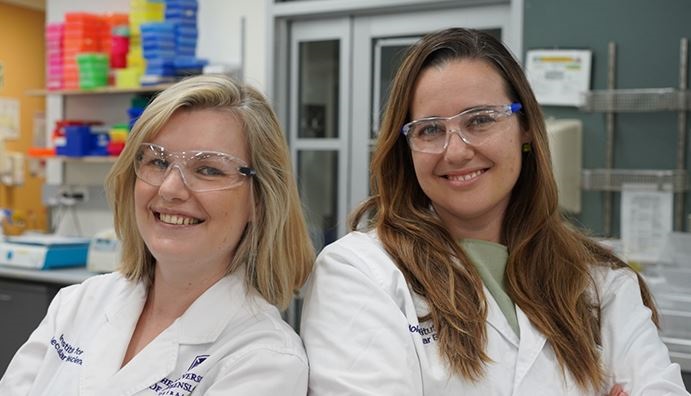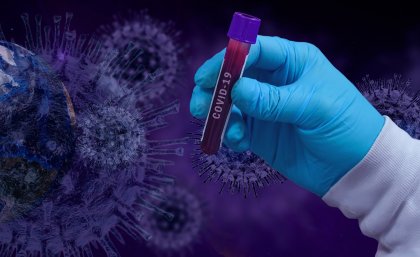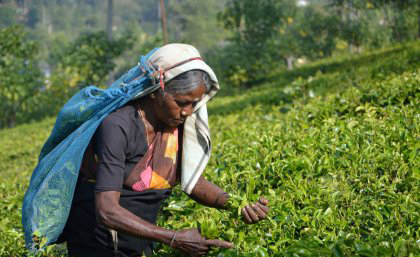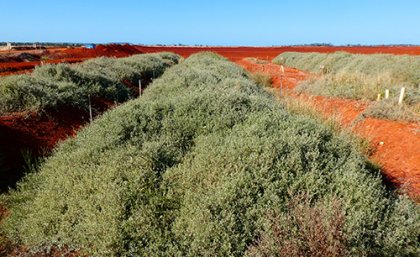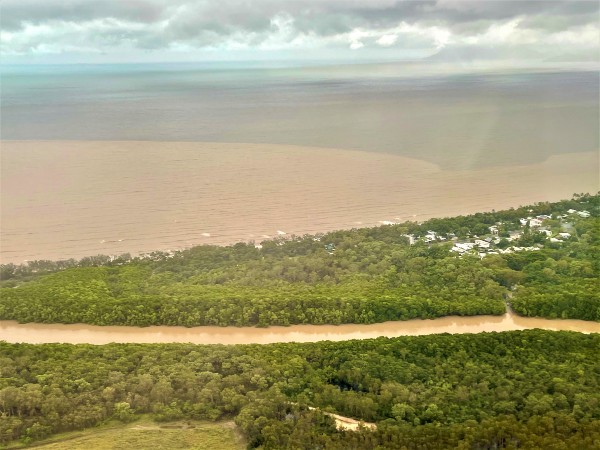Uncategorized
Vascular disease in COVID-19 is not caused by viral infection of blood vessels
The SARS-CoV-2 virus does not infect blood vessels, despite the high risk of blood clots to COVID-19 patients, University of Queensland researchers have found. Dr Emma Gordon and Dr Larisa Labzin from UQ’s Institute for Molecular Bioscience and Dr Kirsty Short from UQ’s School of Chemistry and Molecular Biosciences pooled their expertise in vascular biology and virology to determine how the virus causes damage…
Read MoreCell fitness used to determine outcomes in COVID patients
Cell fitness has been identified as a way of predicting health outcomes in COVID patients, according to a University of Queensland study. The study investigated a cellular fitness marker, known as hfwe-Lose, to identify sub-optimal cells in patients who had been hospitalised or died from COVID at the start of the pandemic. UQ Diamantina Institute’s…
Read MorePesticide linked to chronic kidney disease
A commonly available pesticide has been associated with an increased risk of chronic kidney disease (CKD) in a University of Queensland study. Researchers analysed links between pesticide exposure and the risk of kidney dysfunction in 41,847 people, using data from the USA National Health and Nutrition Examination Survey (NHANES). School of Public Health Associate Professor,…
Read MoreCheaper and better solar energy on the horizon
A new generation of cheap, sustainable and efficient solar cells is a step closer, thanks to scientists at The University of Queensland. Researchers at UQ’s Australian Institute for Bioengineering and Nanotechnology (AIBN) modified a nanomaterial to make solar cells as efficient as silicon-based cells, but without their high cost and complex manufacturing. Professor Joe Shapter said the finding…
Read MoreSustainable solution to the mining industry
Technology that could rehabilitate mine waste back to useful soil is entering full-scale trials at two Queensland refineries. Researchers at The University of Queensland’s Sustainable Minerals Institute (SMI) developed the bio-engineering technology in partnership with Rio Tinto and Queensland Alumina Limited (QAL). SMI Professor Longbin Huang said the process would transform the bauxite residue known as ‘red mud’ into…
Read MoreReforestation could help save coral reefs from catastrophe
Increasing reforestation efforts in coastal regions could substantially reduce the amount of sediment run-off reaching coral reefs and improve their resilience, a University of Queensland-led study has found. The study analysed more than 5,500 coastal areas from around the world and found that nearly 85 per cent of them leached sediment to coral reefs, the…
Read More![TUQIA-col-rgb-315x70px[2] The University of Queensland in America](https://tuqia.org/wp-content/uploads/TUQIA-col-rgb-315x70px2.png)
